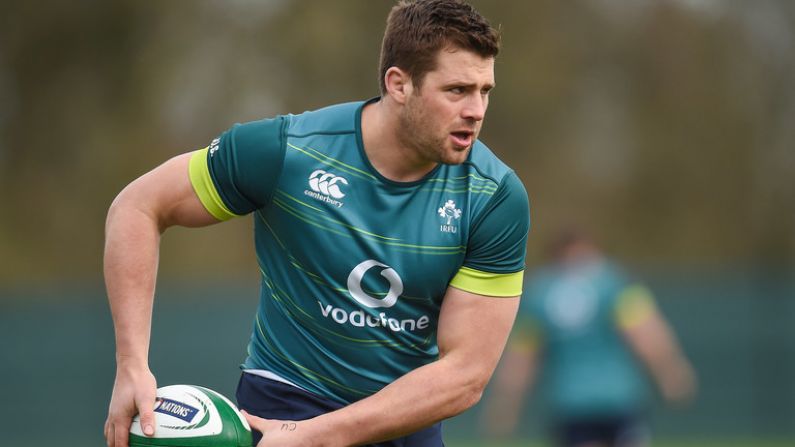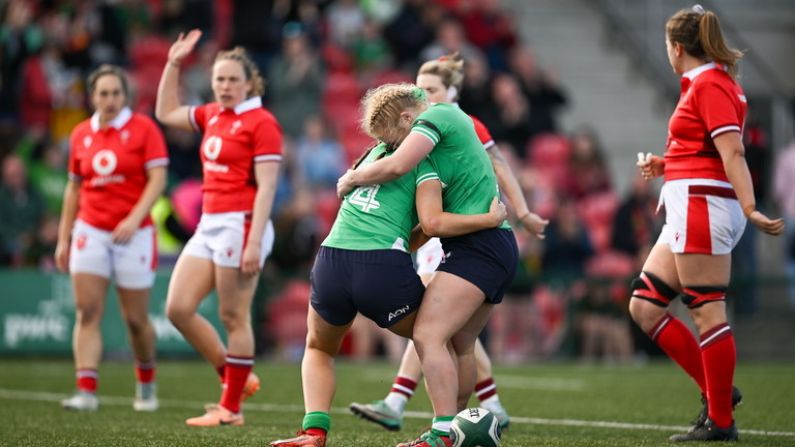Ireland will find out their top-tier opponents in the pool stage of the 2019 Rugby World Cup tomorrow morning, as the draw for the next installment for the competition takes place in Kyoto, Japan tomorrow morning. While the results of that draw will likely dominate much of Joe Schmidt's thinking over the next couple of years, another decision to be made in Japan will have ramifications far beyond the end of rugby's quadrennial showpiece in Japan.
The much-maligned residency rule is set to be changed, meaning the minimum length of time needed to spend playing in a country not of his birth to qualify to play international rugby with that country is to increase from three years to five.
In October of last year, World Rugby launched a review of the existing rule following strong criticism, and it is widely reported that, while they are in Japan, a World Rugby council meeting will confirm the extension of the rule.
The move to extend the rule has been spearheaded by the RFU in England, and their CEO Ian Ritchie spoke about the extension of the rule with RTE last month:
The increase from three to five years on the residency qualification is right and is a good thing and that is generally now being supported.
It is a matter for World Rugby but it will go to the council meeting in May and there is a very good chance of it being adopted.
There is every chance of the general principle being in for next season if it is voted on. There will be every emphasis on adopting it sooner rather than later.
The latter part of that statement would mean that the uncapped players who sign for clubs ahead of next season will be subject to the five-year rule. So, for example, we would have to wait five years for new Leinster winger James Lowe to qualify for Ireland, whereas the likes of Bundee Aki, Tyler Blyendaal, and Jamison Gibson-Park would all qualify for Ireland under the three-year agreement. (The former two have nearly completed their residency: Aki will be eligible in October; Blyendaal next January.
Like most of the top-tier nations, Ireland have benefitted from the three-year rule, the most notable success being CJ Stander. While Ireland have undoubtedly benefitted from the rule, New Zealand have been accused of exploiting it, by plundering the top talents from neighbouring Pacific Islands.
See Also: Watch: Ray D'Arcy Forces Simon Zebo To Rap Live On Radio One
See Also: Blow For Irish World Cup Bid As South African Suspension Lifted












